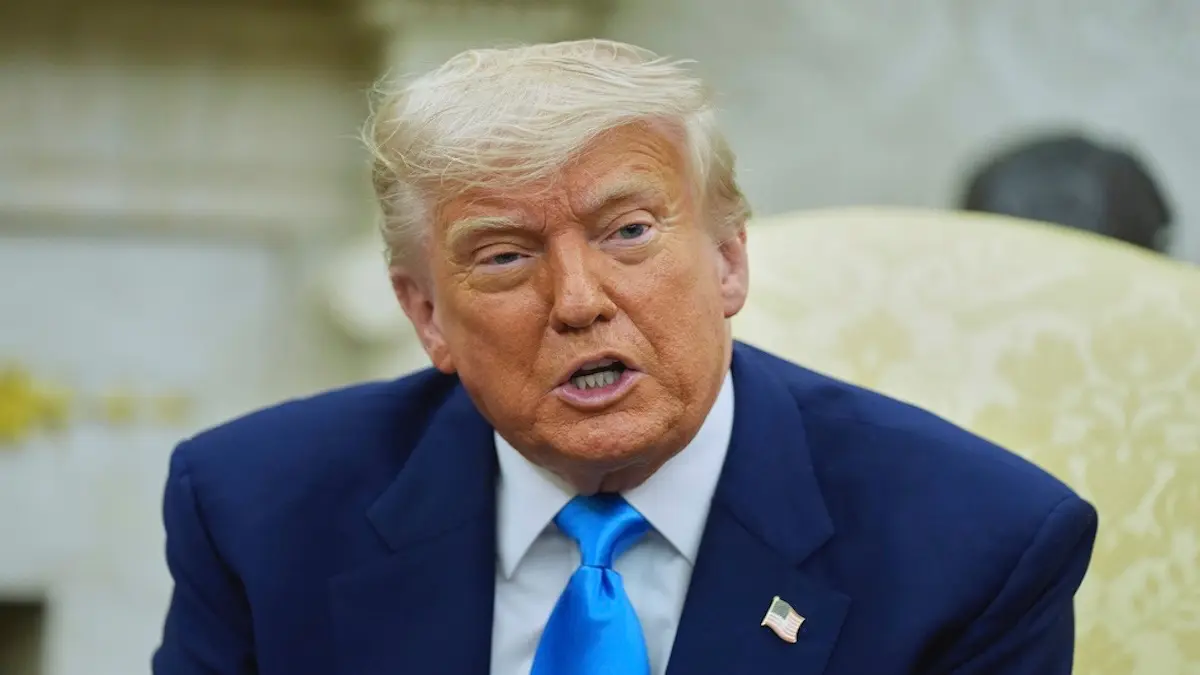Updated 29 May 2025 at 18:40 IST
Saudi, Qatari, and Emirati Rulers Warn Trump: Don’t Attack Iran
As tensions in the region remain high, the Gulf states — once skeptical of diplomacy — now appear to be among its strongest advocates.
- World News
- 2 min read

During U.S. President Donald Trump’s recent visit to the Middle East, the leaders of Saudi Arabia, Qatar, and the United Arab Emirates urged him not to authorize a military strike on Iran’s nuclear facilities and instead continue efforts to negotiate a new nuclear agreement. This information is based on three sources familiar with the talks, who were cited in an Axios report.
Regional Concerns Over Escalation
The Gulf leaders — Saudi Crown Prince Mohammed bin Salman, UAE President Mohammed bin Zayed, and Qatari Emir Tamim al-Thani — reportedly expressed serious concerns about the consequences of any military action against Iran. All three emphasized that a strike on Iranian nuclear sites would likely provoke retaliation, and their countries could be in the line of fire. Each of them hosts U.S. military bases, which they believe could become targets in the event of a regional conflict.
A source with direct knowledge of the discussions cited in the report claimed that al-Thani warned Trump that the Gulf states would be “affected more than anybody else” if such a scenario unfolds.
Shift from 2015 Stance on Nuclear Deal
This marks a significant shift from the Gulf states’ stance in 2015, when they quietly backed Israeli Prime Minister Benjamin Netanyahu’s vocal opposition to the Iran nuclear deal brokered under then-President Barack Obama. At the time, leaders in Riyadh and Abu Dhabi were aligned with Netanyahu’s tough rhetoric and threats of military action.
Advertisement
Now, however, those same countries appear to be urging caution — not only toward Israel, which they fear may act independently, but also toward the possibility that Trump himself may give up on talks and consider a military option.
Trump Says a New Agreement Could Be Near
Speaking on Wednesday, Trump confirmed that he had cautioned Netanyahu during a phone call the previous week not to proceed with a strike on Iran’s nuclear facilities.
Advertisement
“I believe the Iranian nuclear crisis can be solved with a very strong document,” Trump said, adding that an agreement could be signed “within the next two weeks.”
As tensions in the region remain high, the Gulf states — once skeptical of diplomacy — now appear to be among its strongest advocates.
Published By : Sagar Kar
Published On: 29 May 2025 at 18:40 IST
